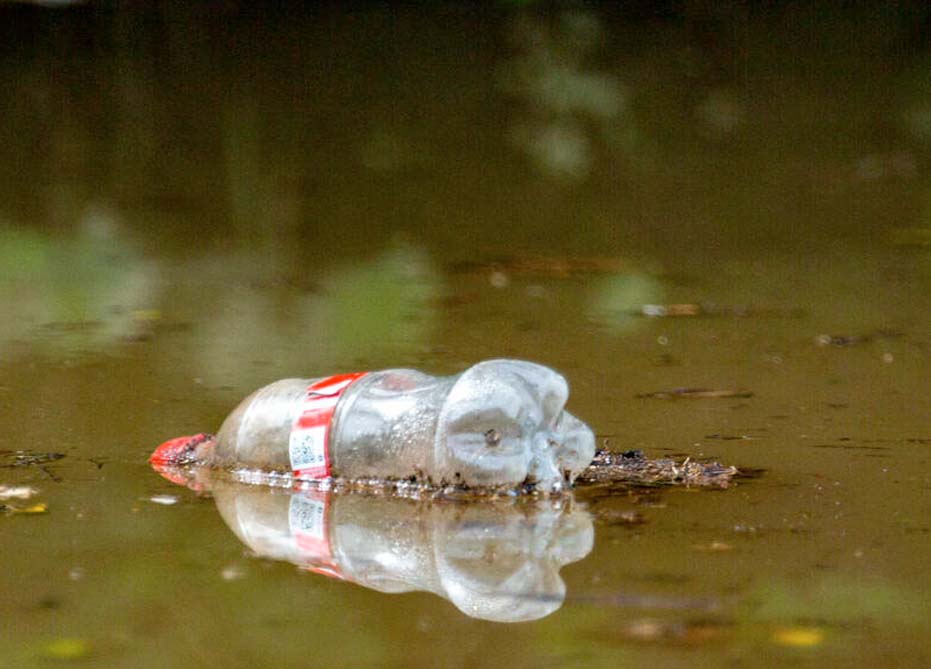The Global Plastics Treaty is a once-in-a-generation opportunity to solve the plastics crisis. For the sake of our collective future, we cannot waste this moment.
The full lifecycle of plastic harms livelihoods and the climate. The fact is that 99% of plastic is made from fossil fuels; oil & gas — and Big Oil, in league with Big Brands, continue to make more, promote false solutions and a throwaway single-use model where corporate profits come before the health of our communities.
Greenpeace, with our allies and supporters, demand a treaty that will keep oil and gas in the ground and put an end to big polluters’ relentless plastic production. A treaty that does not stop runaway plastic production & use is a failure.
The Global Plastics Treaty must:
- End plastic pollution – from production to disposal – to protect the environment and human health
Plastic pollution floods our planet, destroys biodiversity, and worsens the climate crisis across the entire life of plastic – from extraction, production, transportation, incineration and dumping. This deadly cycle brought by runaway plastic production and use needs to stop for good.
- Cap and phase down of plastic production
Plastic production keeps us dependent on fossil fuel, drives climate change and biodiversity loss, and harms communities and workers living near production sites and landfills. The treaty must therefore make major reductions in plastic production and deliver a just transition away from virgin production capacity.
- Ensure a just and inclusive transition to a low-carbon, zero-waste, reuse-based economy
The treaty must empower workers and drive a just transition to sustainable livelihoods across the plastics supply chain, prioritising waste pickers and other affected communities. It must prioritise the interests of Indigenous Peoples and advance traditional knowledge; support reuse and refill business models; and ensure fair and equitable representation throughout the negotiation and implementation process from communities disproportionately affected by the plastic pollution crisis.
- Be firmly rooted in a human rights-based approach that reduces inequality, prioritizes human health, and centers justice in its creation and implementation
From production to disposal, plastic pollution negatively impacts our health and human rights. It accelerates social injustice and environmental degradation, and aggravates inequalities brought about by the climate crisis. The treaty must have a strong foundation in justice and human rights in order to mitigate further harm.
An effective treaty must ensure a future free from single-use plastics in the food we drink, in the air we breathe, in nature and a safer environment for the next generations. During the negotiations process, we will show how an unstoppable global movement can achieve an ambitious Global Plastics Treaty that will turn off the plastics tap and finally, end the age of plastic – for our health, our communities, climate, and the planet.

Call on the NZ Government to ban unnecessary single-use plastic bottles* in NZ, and to incentivise reusable and refillable alternatives.
